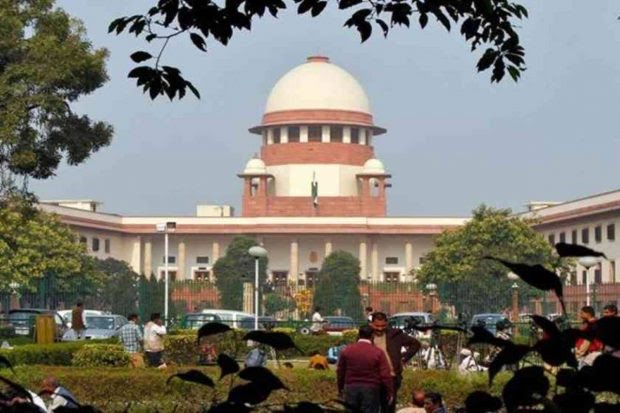The Supreme Court eventually asked the central government whether it can issue a direction to the States to keep the pending sedition cases in abeyance.
The Supreme Court eventually asked the central government whether it can issue a direction to the States to keep the pending sedition cases in abeyance.
Former Prime Minister Jawaharlal Nehru, who is often named by the BJP for his policies to target the Congress, found a mention during a hearing in the Supreme Court on pleas challenging the sedition law. The matter was heard by a three-judge bench led by Chief Justice of India N V Ramana.
Senior advocate Kapil Sibal, who was representing the petitioners arguing about the misuse of sedition law, said: “We are in post-constitution era. Pandit Jawaharlal Nehru had said that this provision is obnoxious and the sooner we get rid of sedition the better.”
Solicitor General Tushar Mehta, who was representing the Centre, responded by saying, “What Nehru couldn’t do, the current government is doing. We are trying to do, what Pandit Nehru could not do then.”
The Solicitor General was referring to the fact that the Centre had decided to “re-examine and re-consider” the sedition law by an “appropriate forum”, in light of Prime Minister Narendra Modi’s vision on human rights and the country celebrating 75 years of Independence.
Rejecting the SG’s argument, Sibal retorted: “No, not at all. You are not doing that. You are supporting the law. You are saying that all is good Mr Mehta.”
Sibal then proceeded to quote Mahatma Gandhi: “Affection cannot be manufactured. One should be free to express disaffection, so long as there is no incitement to violence. I hold it to be a virtue to be disaffected to the Government.”
The Supreme Court eventually asked the central government whether it can issue a direction to the States to keep the pending sedition cases in abeyance to protect the interests of citizens already booked and not registering fresh cases till the government’s re-examination of the colonial-era penal law is over.
Asking the Centre to take a clear stand after it posed the two specific queries, the top court agreed that a re-look of Section 124A of the Indian Penal Code(IPC) be left to the government, a day after it had filed an affidavit deciding to reconsider the contentious provision.

